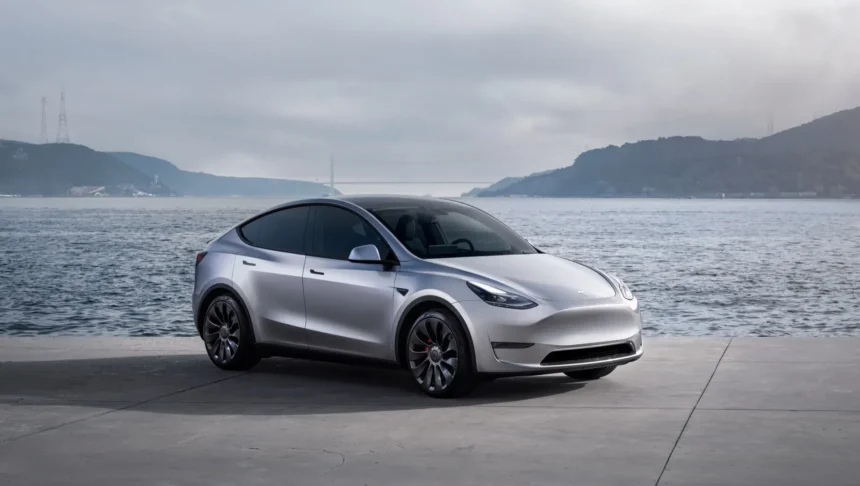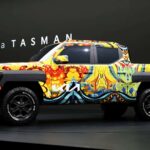The U.S. government has once again turned its attention to Tesla and its semi-autonomous driving software, Full Self-Driving (FSD), following reports of four collisions involving the system, including a fatal crash in 2023. The National Highway Traffic Safety Administration (NHTSA) has launched an investigation into 2.4 million Tesla vehicles equipped with FSD, after incidents where reduced roadway visibility while the system was active led to accidents.
The probe includes models such as the Tesla Model S, Model X, Model 3, Model Y, and Cybertruck, all of which were sold with the optional FSD software. This software has undergone several price cuts, dropping from $15,000 in 2023 to $4,500 currently. The NHTSA is looking into whether these vehicles pose an unreasonable risk to motor vehicle safety, which could potentially result in a recall.
This is not the first time Tesla has faced scrutiny over its autonomous driving features. In February 2023, the company recalled 362,758 vehicles with a previous version of the software known as Full Self-Driving (Beta) due to safety concerns. Additionally, in December 2023, a NHTSA investigation led to a recall of over 2 million cars equipped with Tesla’s Autopilot system, a Level 2 driver-assistance system similar to GM’s Super Cruise and Ford’s BlueCruise.
Full Self-Driving is considered to be more advanced, bordering on Level 3 autonomy, although critics have raised concerns about its reliance solely on cameras for detection, instead of incorporating lidar or other sensing technologies. Despite Elon Musk’s recent unveiling of a self-driving robotaxi, known as the Cybercab, scheduled for a 2027 launch, the ongoing investigation into FSD could potentially delay this project.
As the NHTSA delves deeper into the safety implications of Tesla’s autonomous driving software, the future of FSD and other self-driving technologies remains uncertain. It is crucial for automakers to prioritize safety and compliance to ensure the well-being of drivers and pedestrians on the road.







